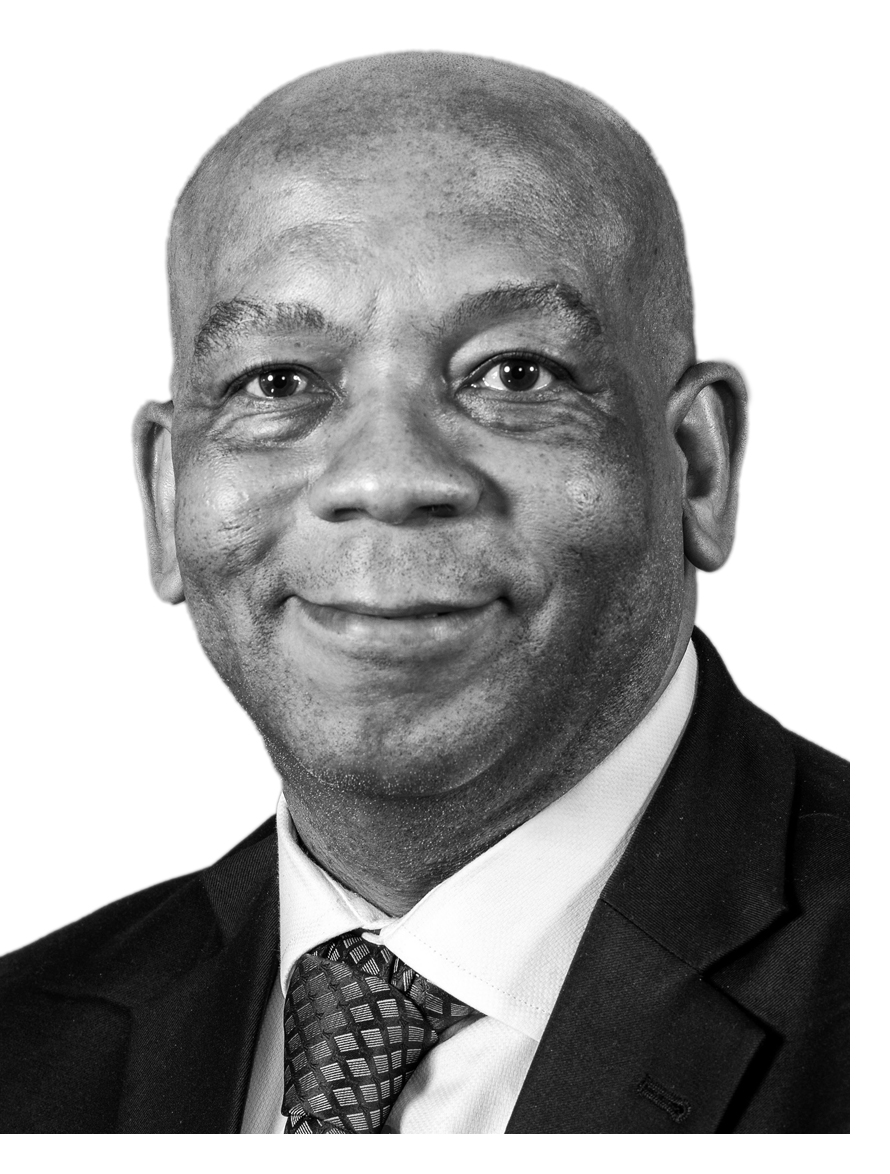The Ministry in The Presidency for Electricity will on 16 - 17 October 2023 host the second iteration of the South Africa Green Hydrogen Summit (SAGHS) at the Century City Convention Centre in Cape Town.
Green hydrogen and its associated large scale renewable energy production has the potential to support the expansion of the electricity transmission infrastructure to add additional renewable energy generation capacity and to support the local development of renewable energy.
This makes green hydrogen a key component of South Africa’s future energy mix and features as one of the Big Five Frontiers in the South Africa Investment Strategy.
The inaugural SAGHS, held in November 2022, showcased South Africa as a large-scale, low-cost, world-class green hydrogen production hub and total value chain investment destination.
The 2023 Summit aims to take the next step by focusing on the production and application of Green Hydrogen and paving the way for machines on the ground whilst concretising Power to X.
Regional and continental collaboration by African states is key to achieving green hydrogens potential as a vector to re-industrialise South Africa’s economy in a manner which is sustainable.
This years’ Summit will also be more Pan African, with Minister Kgosientsho Ramokgopa having assumed the chairship of the African Green Hydrogen Alliance (AGHA) on behalf of South Africa September 2023.
AGHA is a voluntary coalition of African countries with significant green hydrogen production potential seeking to promote continental green hydrogen cooperation.
SAGHS 2022 pronounced on South Africa’s solid green hydrogen policy foundation. SAGHS 2023 will build on this and make important announcements around:
a. Progress in finalising the South African Green Hydrogen Commercialisation Strategy;
b. The development of a Northern Cape Province Green Hydrogen Masterplan;
c. Progress in developing the Western Cape and Gauteng Green Hydrogen Strategies; and
d. Cabinet’s approval of the South Africa Investment Strategy, which features Green Hydrogen as one of the Big 5 Frontiers being nascent sectors with significant growth and investment potential.
Members of the media are invited to cover the Summit as follows:
SUNDAY, 15 OCTOBER 2023
Media Briefing on Announcements
Time: 13h00 for 14h00
Venue: Urban Square Hotel, Century City
MONDAY, 16 - 17 OCTOBER 2023
Summit Plenary and Panel Discussions - (All panel discussions will be open for the media – programme to be shared with Media that RSVPS)
Venue: Century City Conference Centre, Western Cape
Members of the media who wish to cover the summit and the media briefing are required to register for accreditation by no later than 16h00 on Monday, 09 October 2023 on the following registration link:
https://rsvp.rsvpagency.co.za/rsvpagency/page/en/self-registration?code=glQWE8KFR9D1JHYEN
Website: https://greenhydrogensummit.org.za/
Media enquires: Tsakane Khambane, Spokesperson in the Ministry of Electricity, on 082 084 5566
Issued by: The Ministry in The Presidency for Electricity
Pretoria





